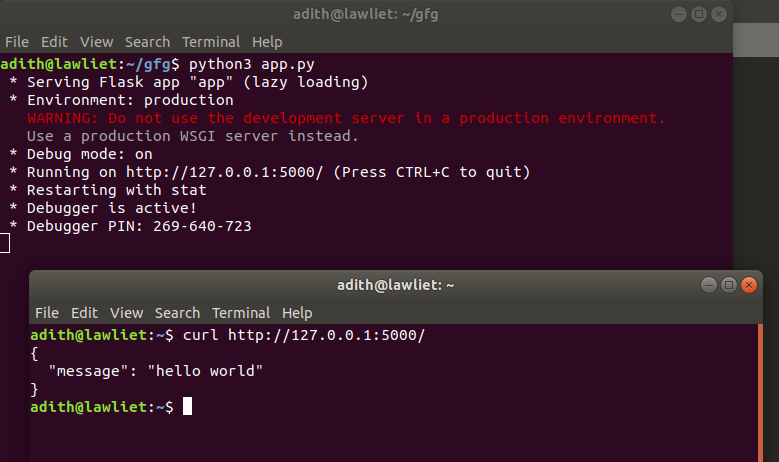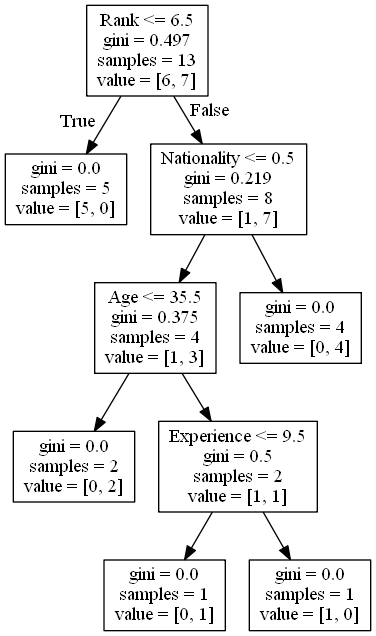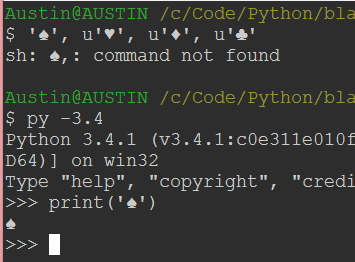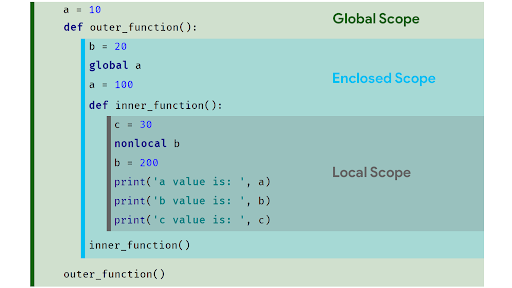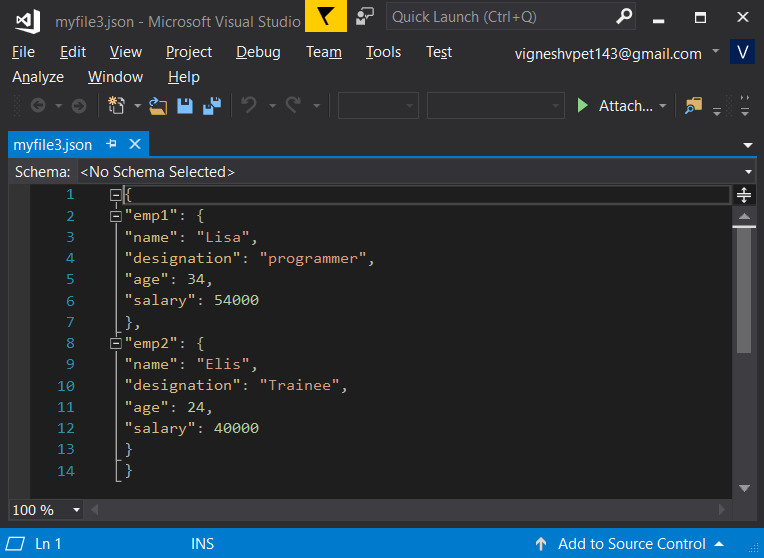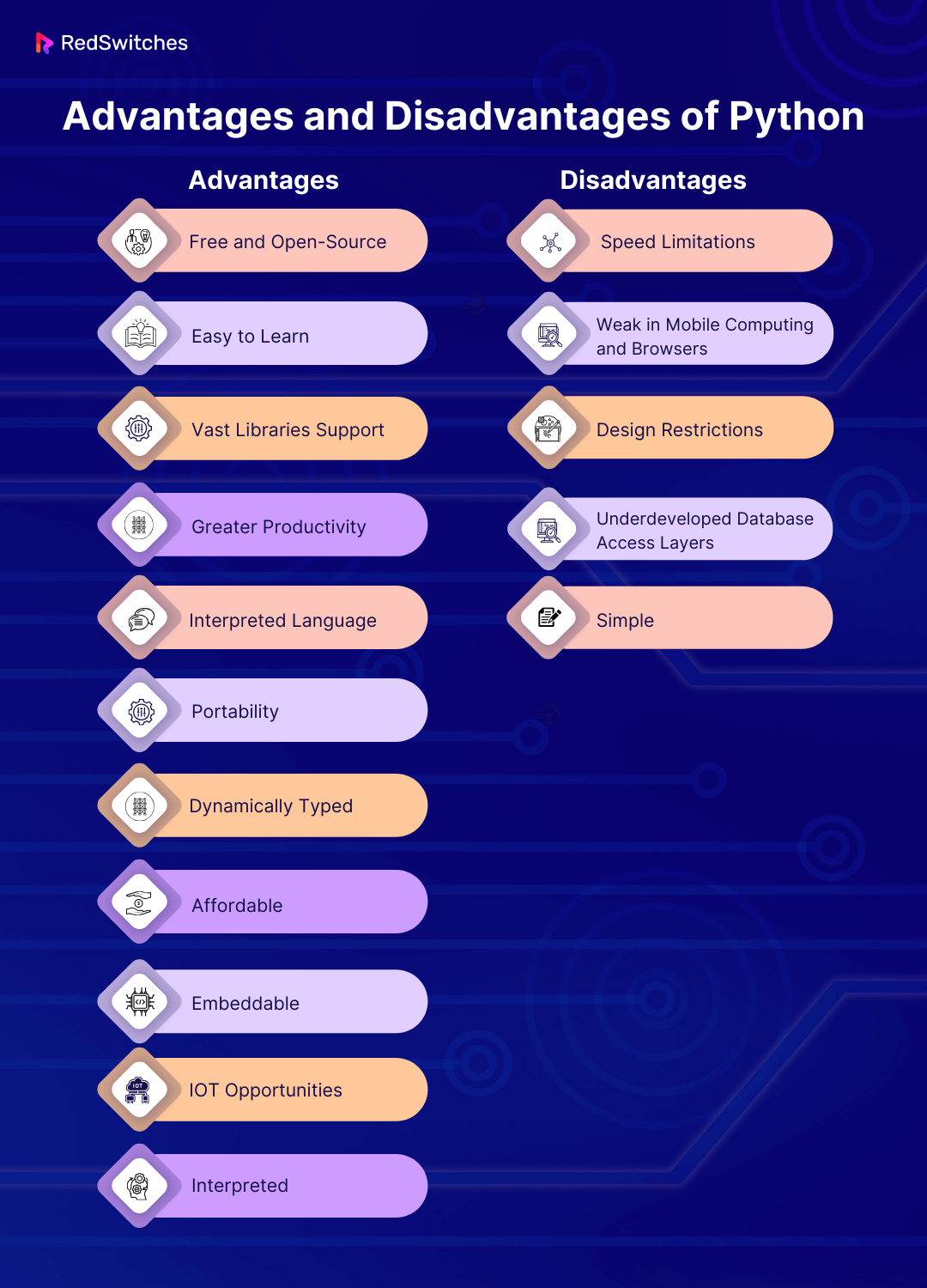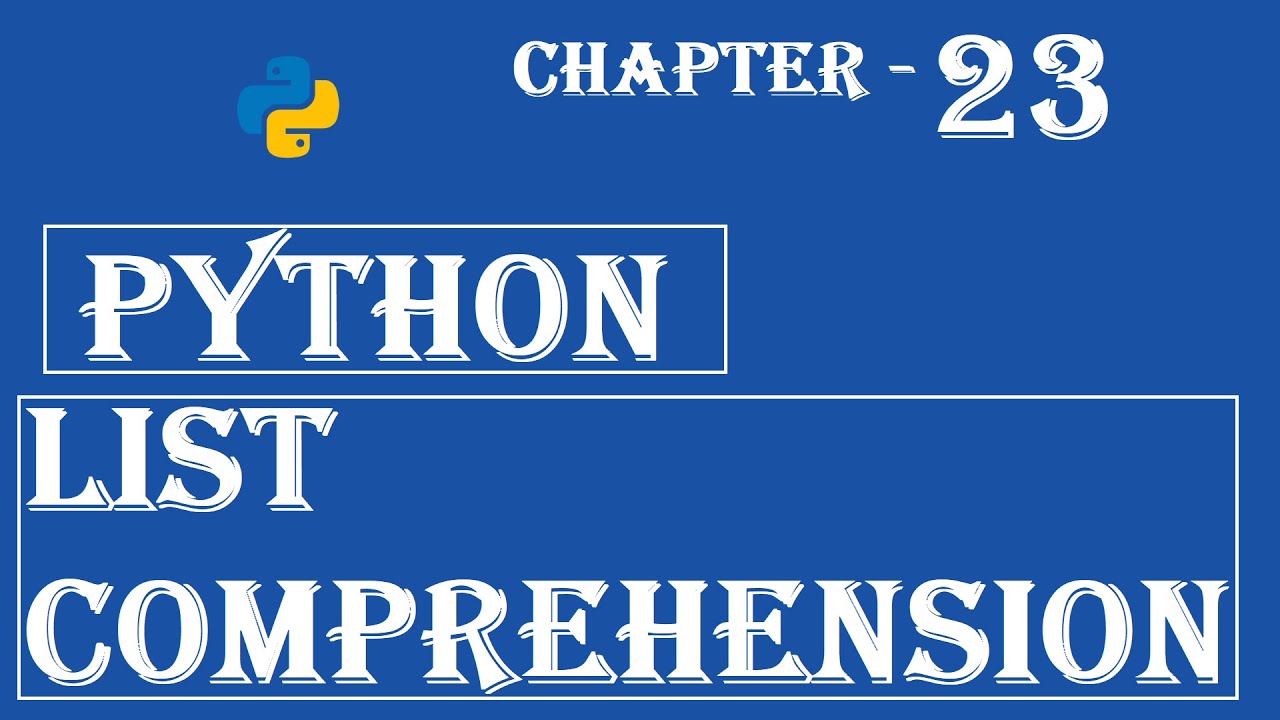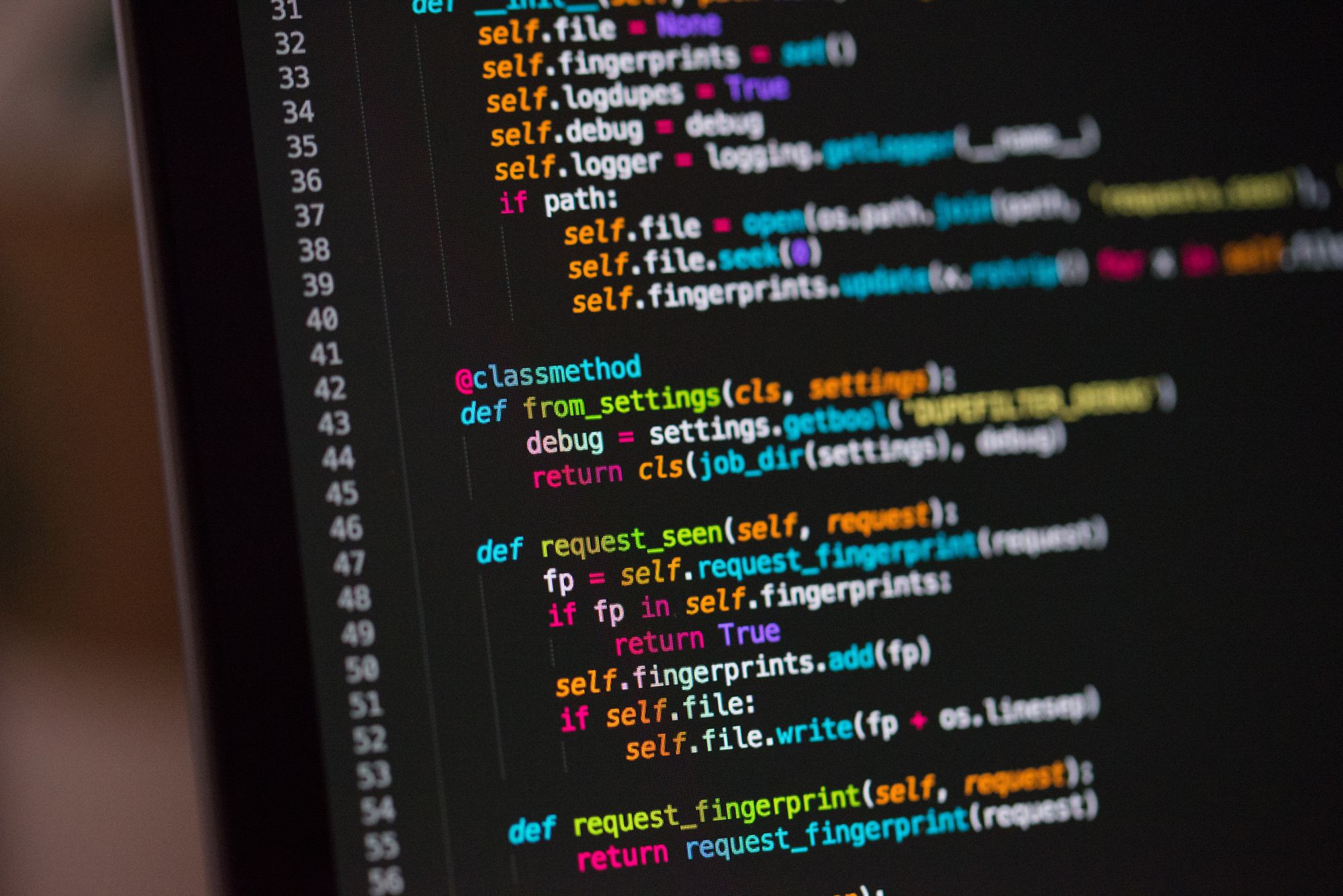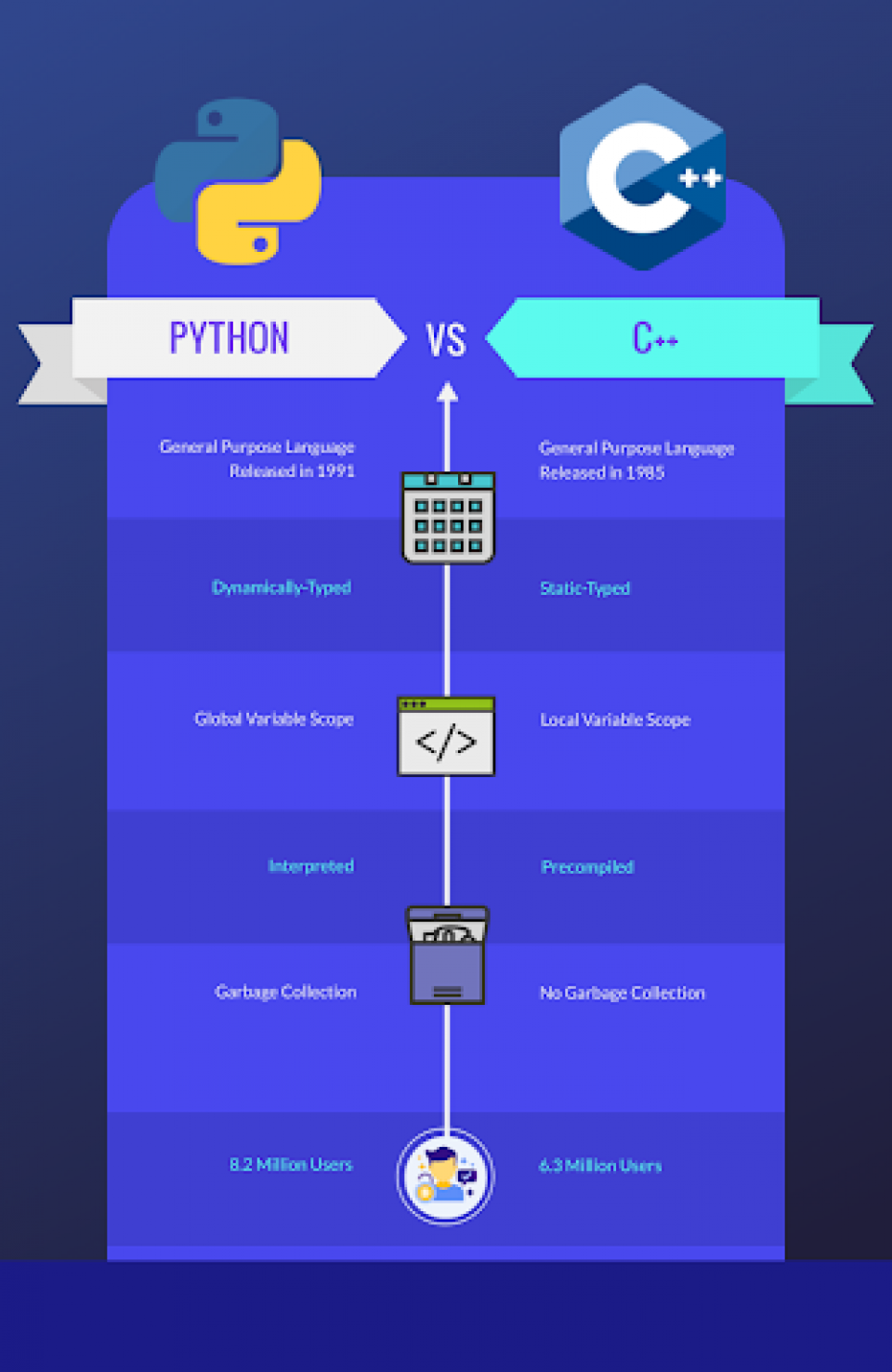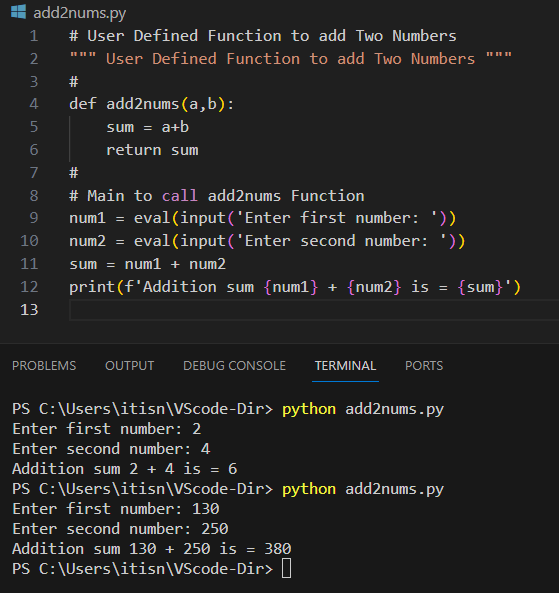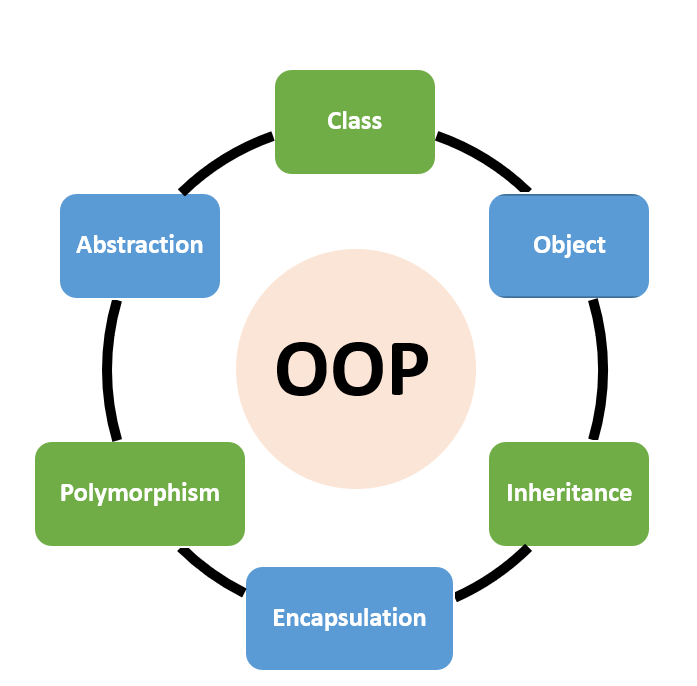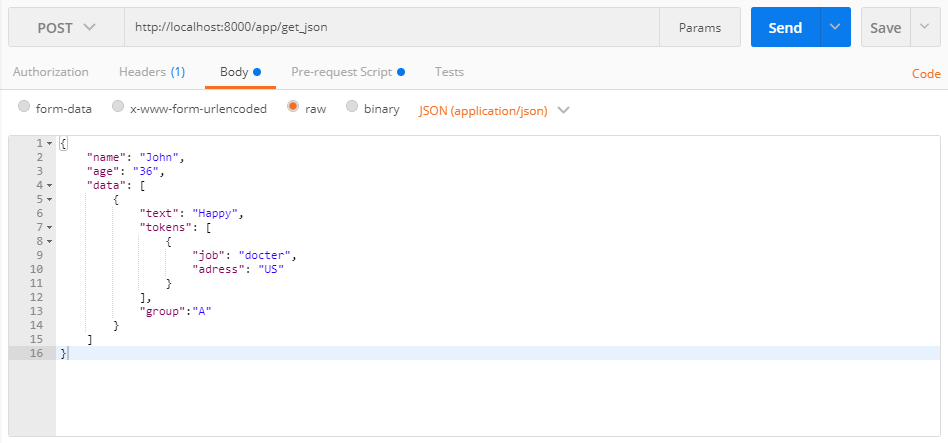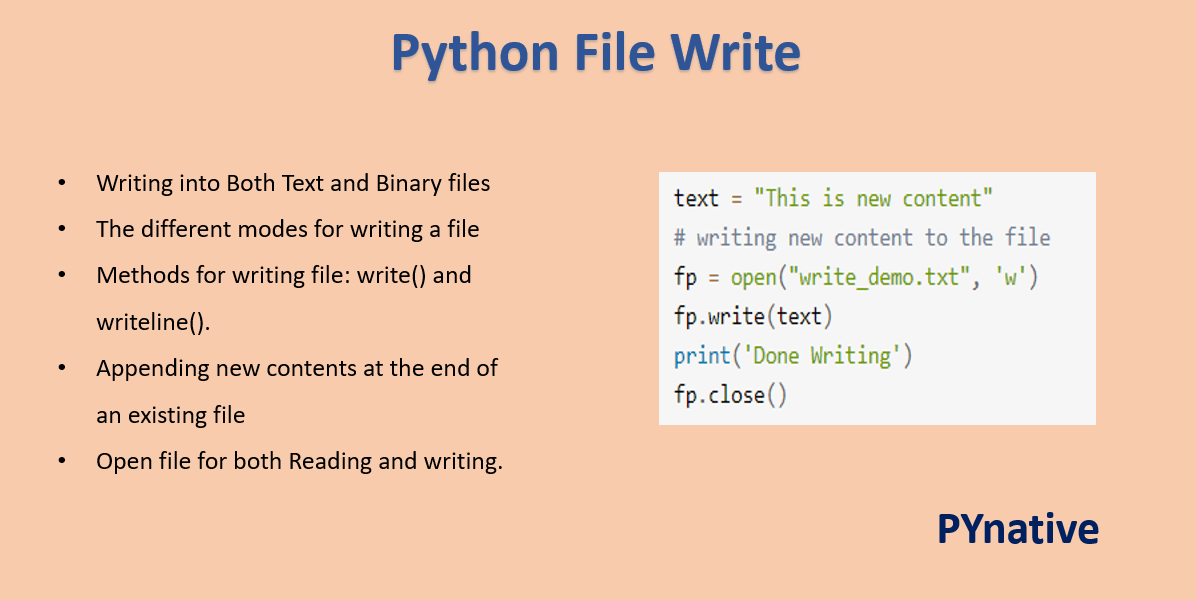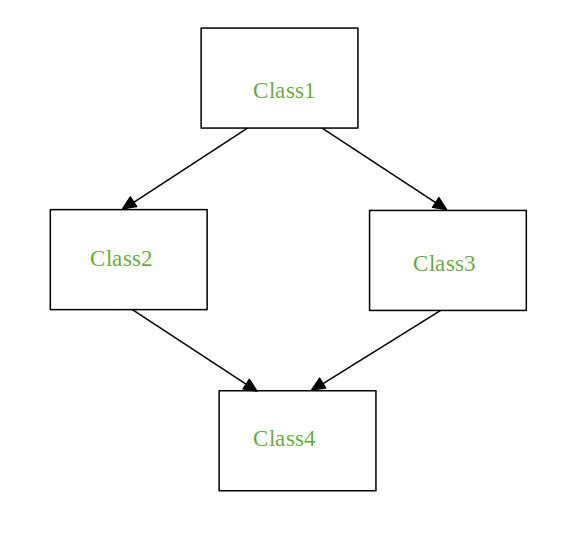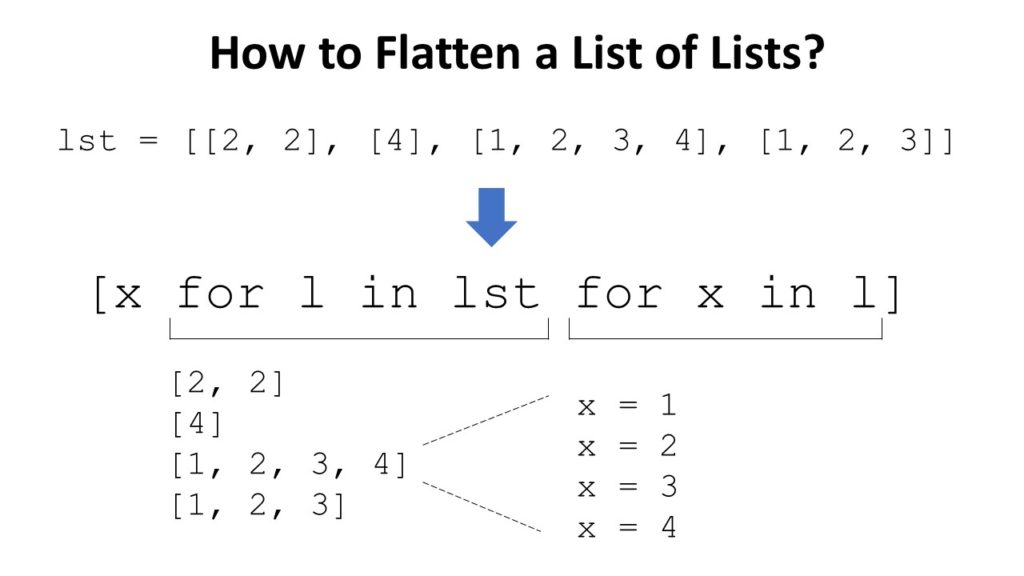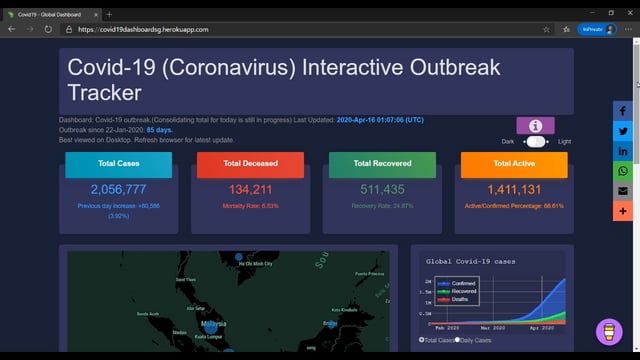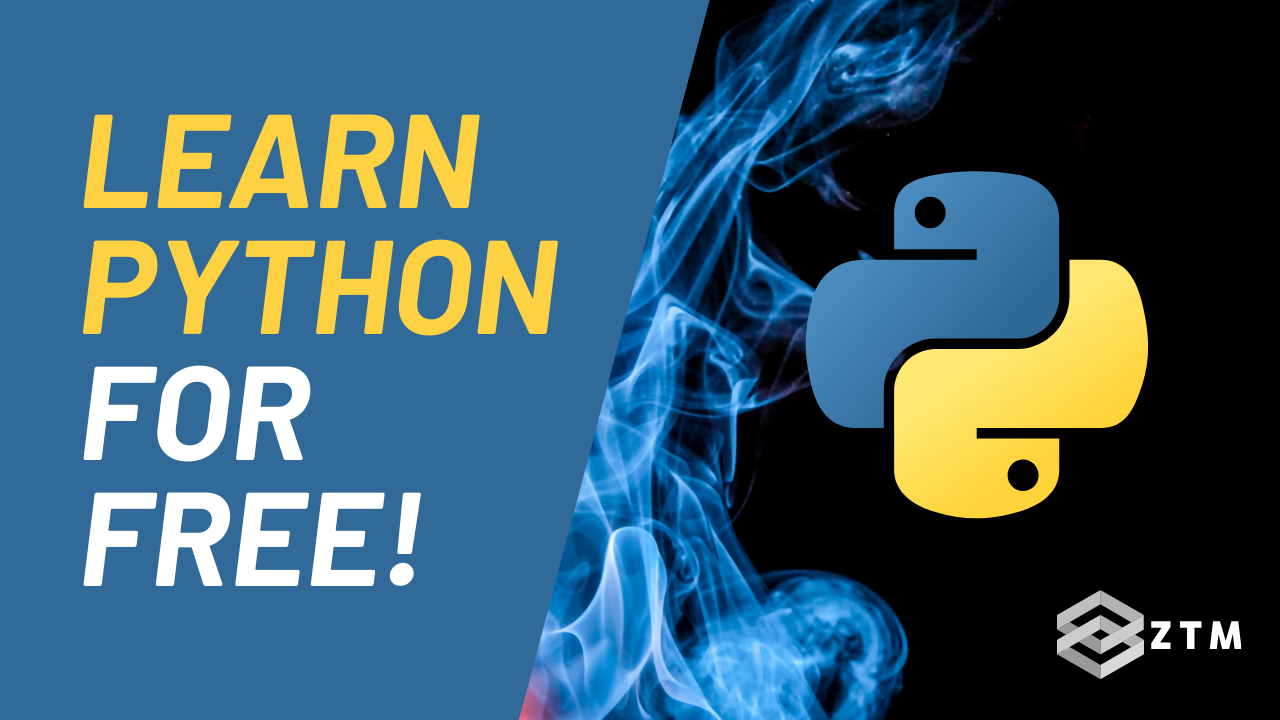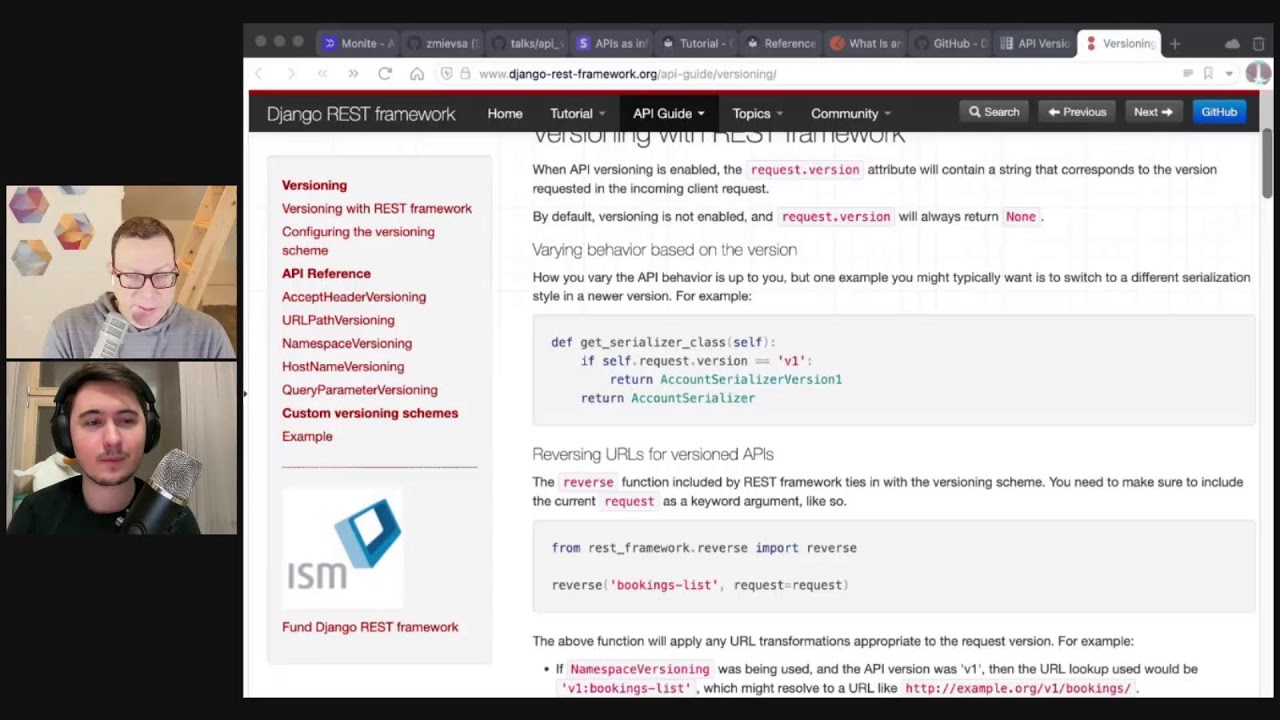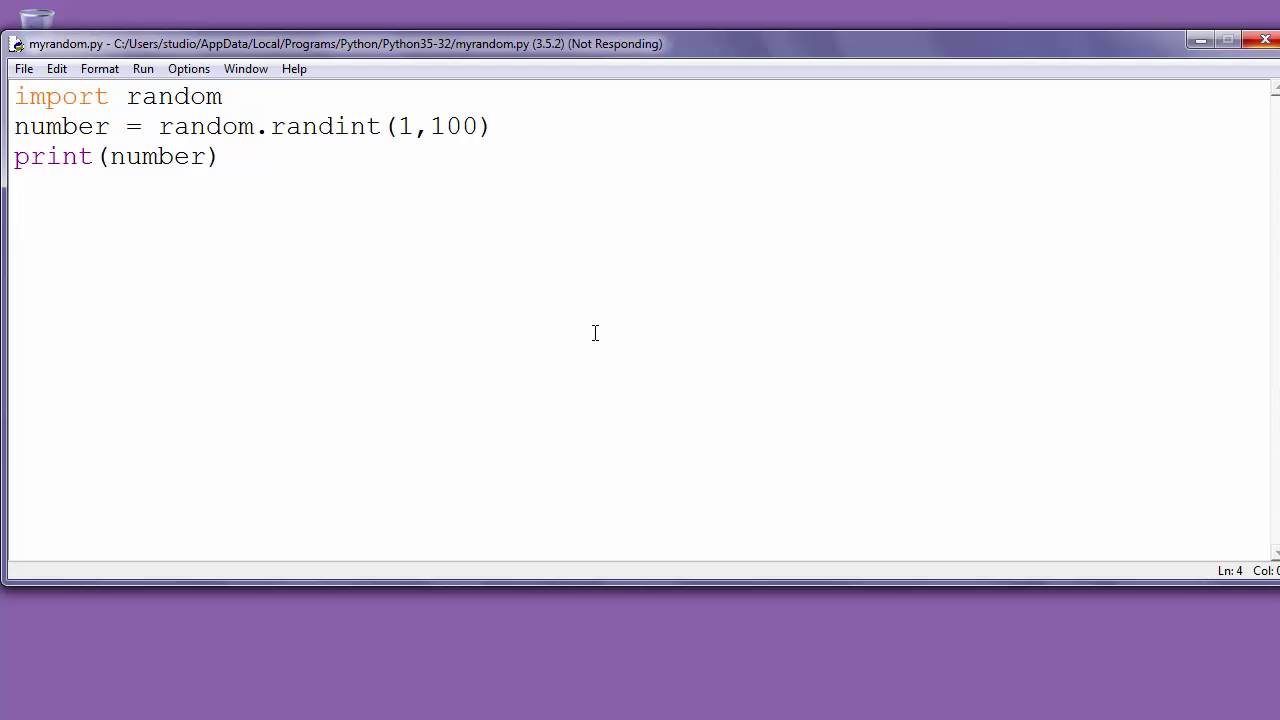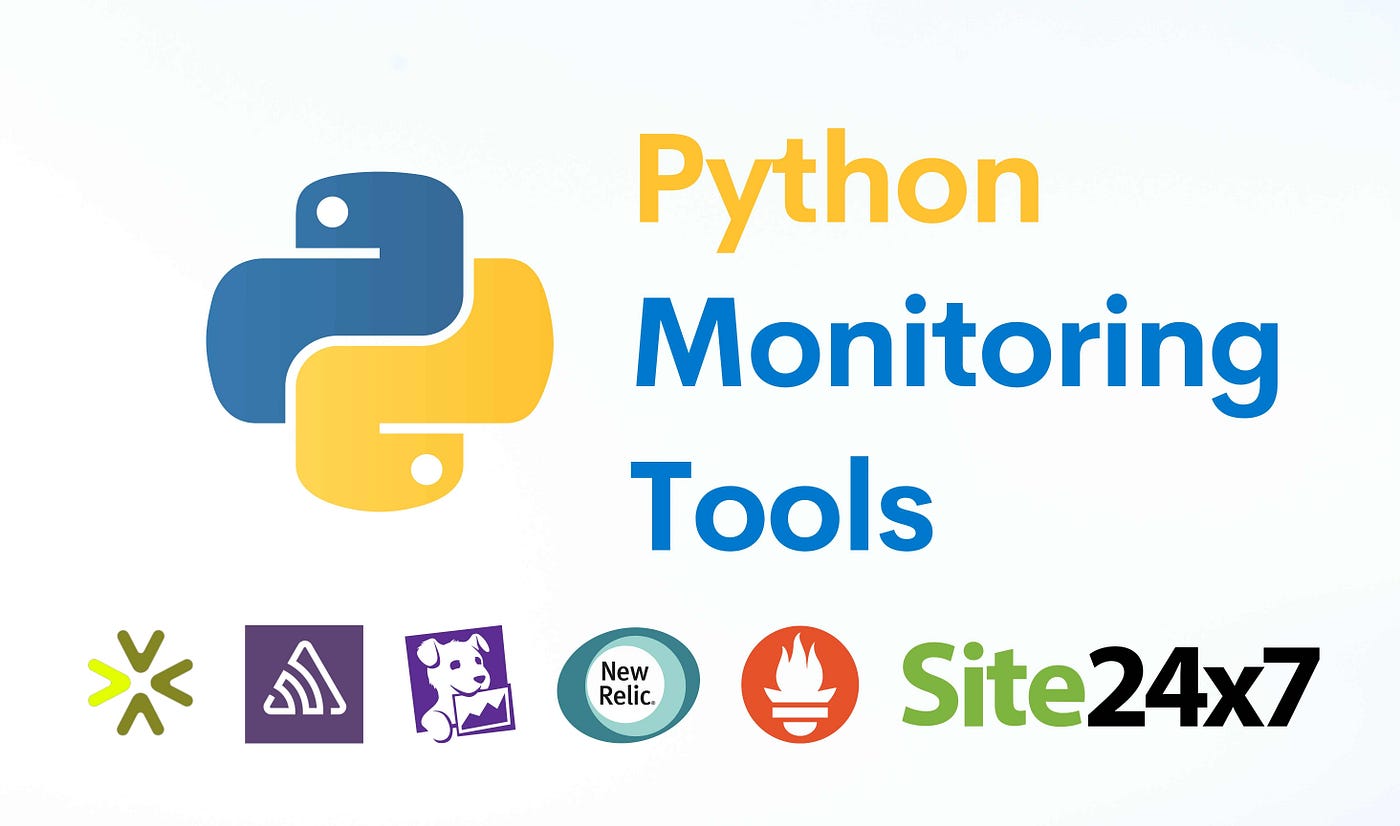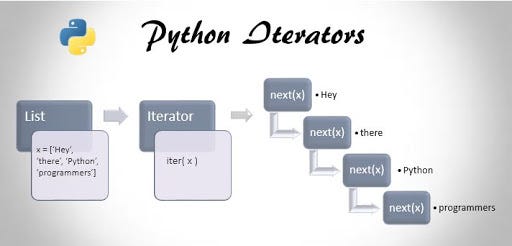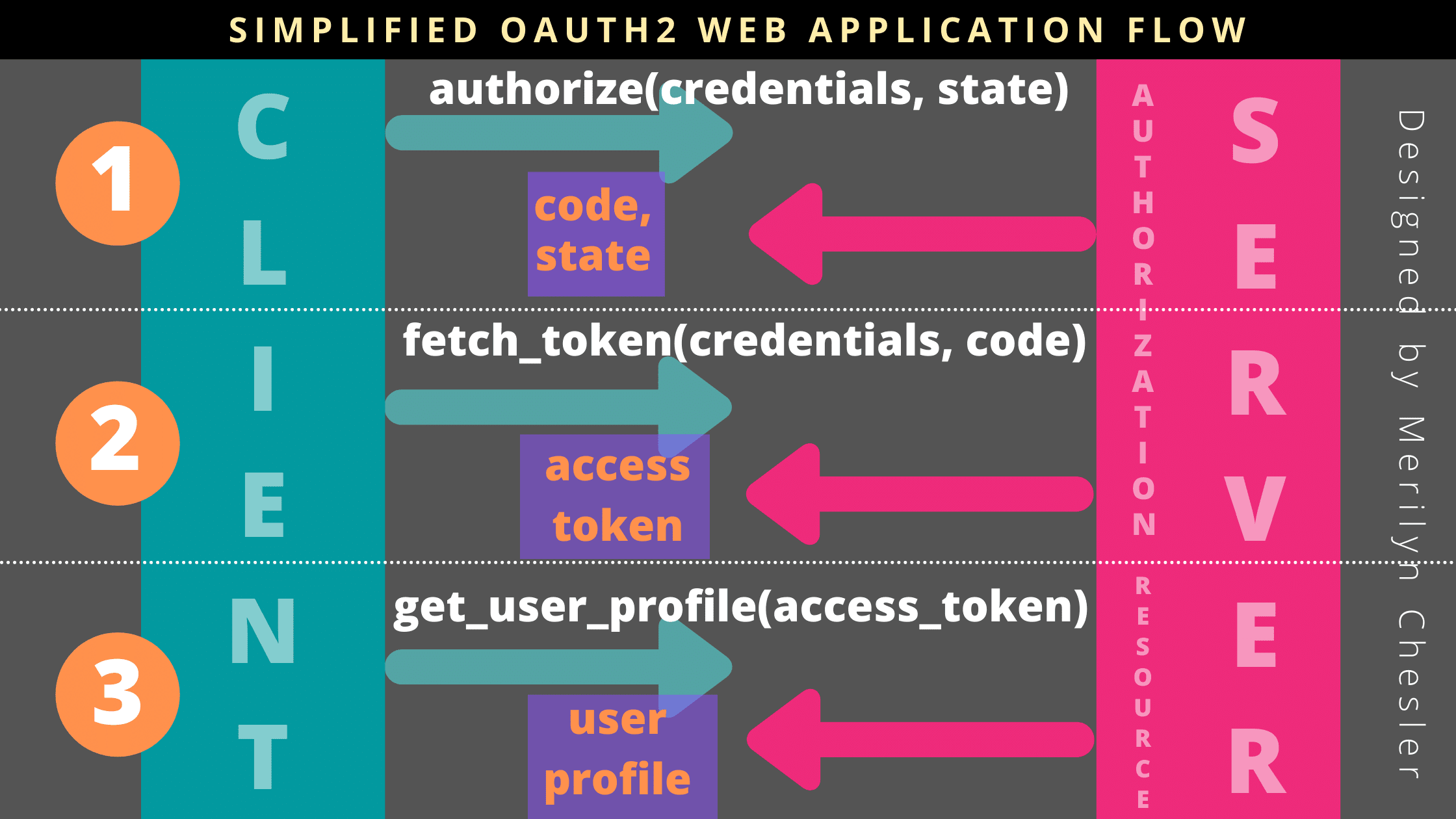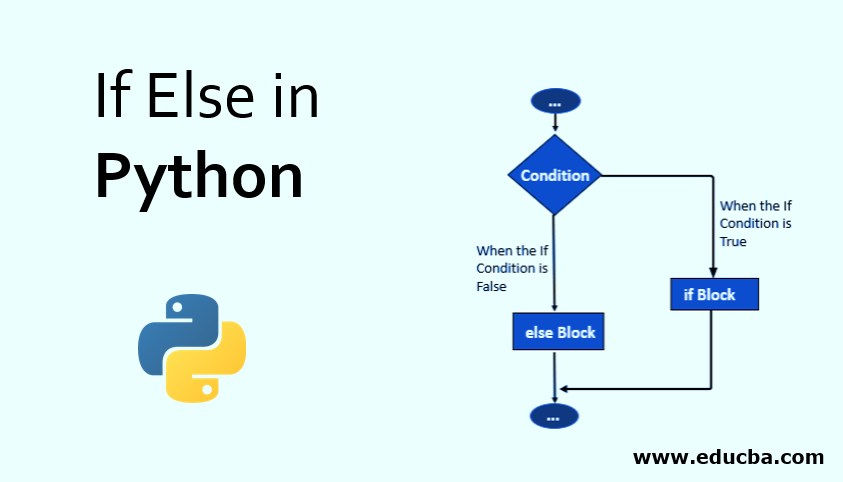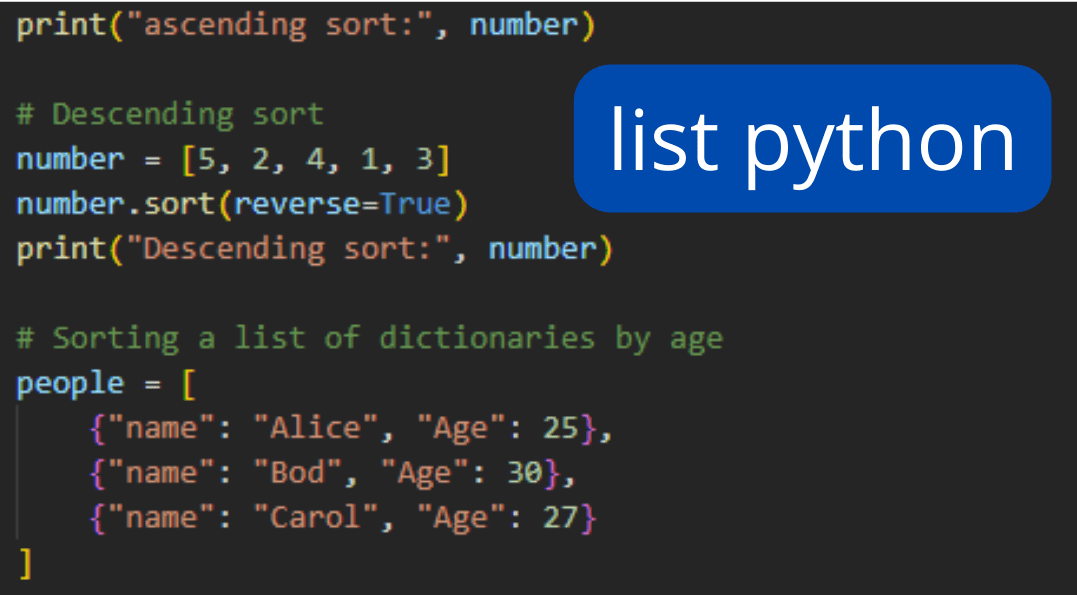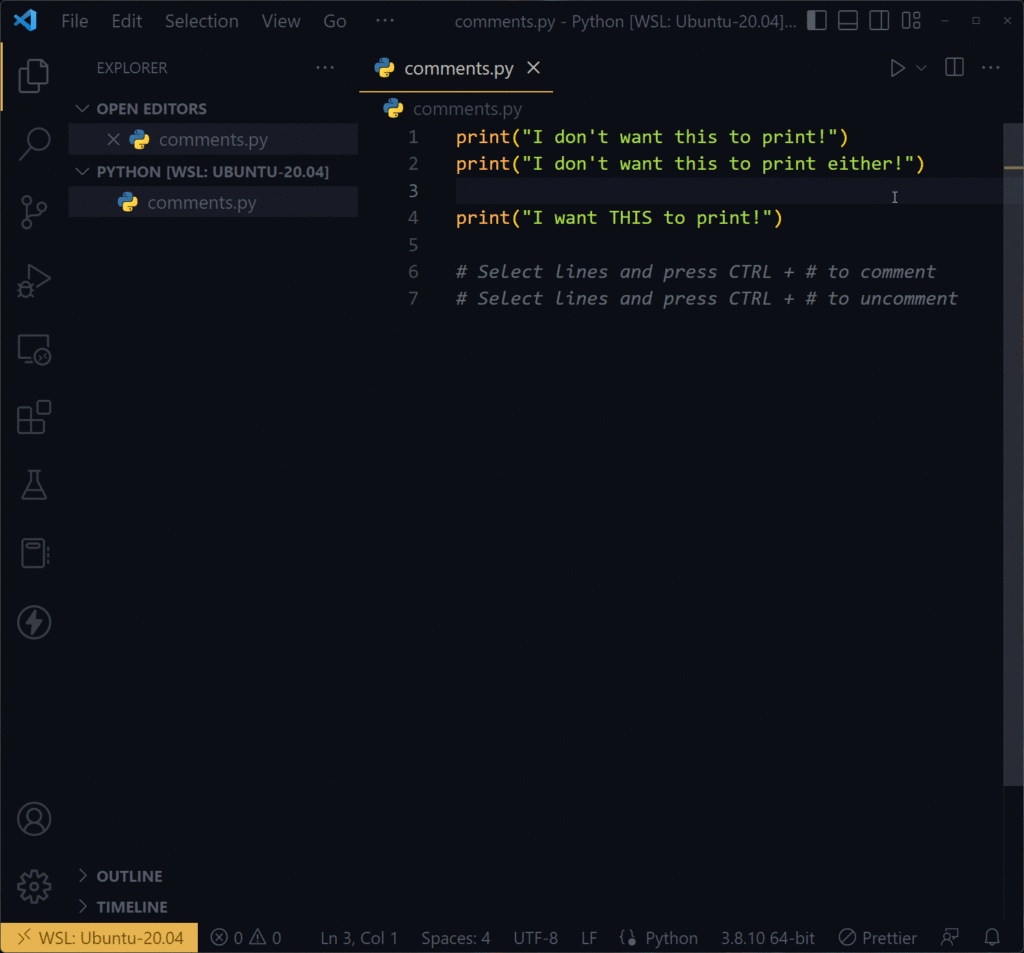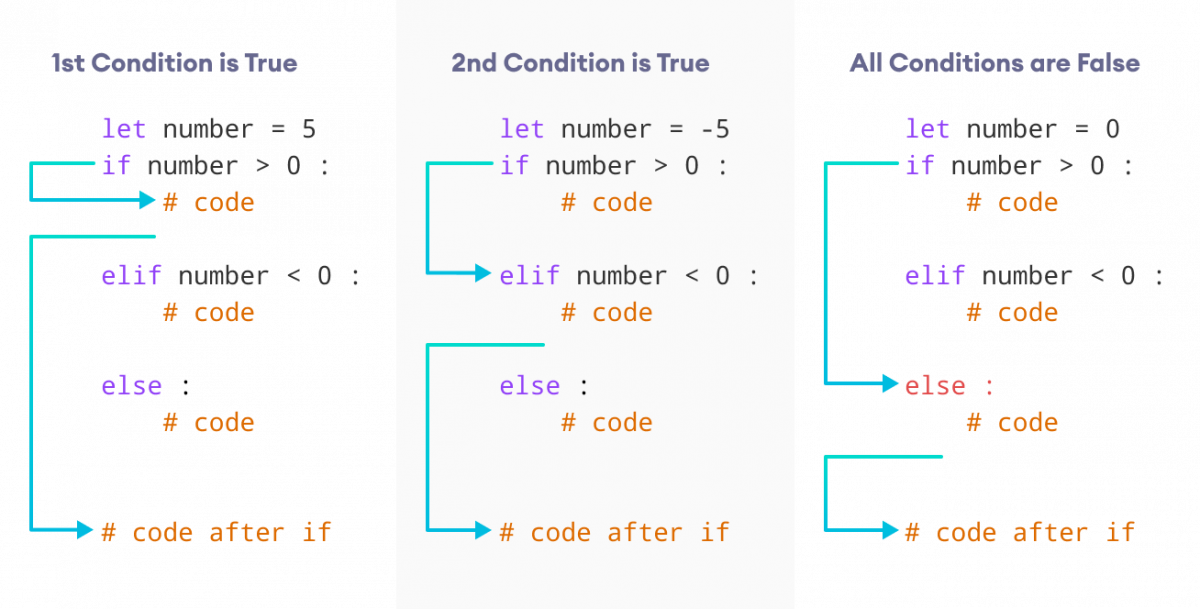What can you actually use Python for?
What can you actually use Python for?
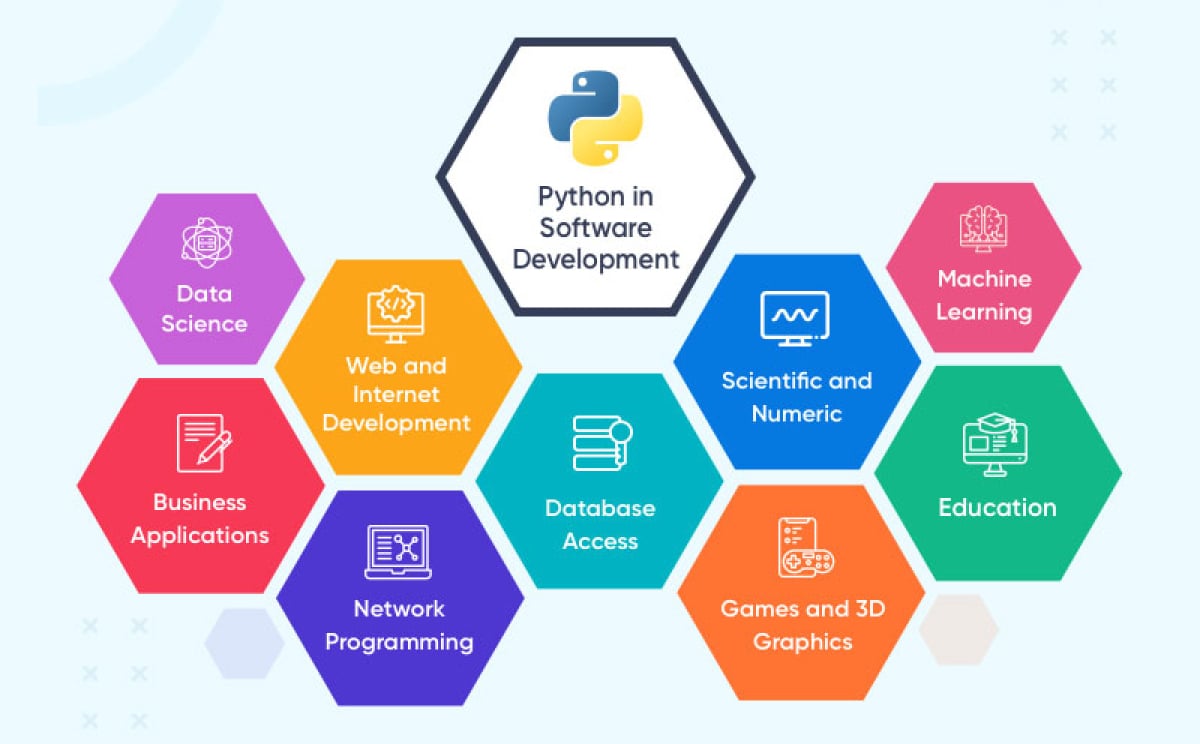
The versatility of Python! It's a popular programming language that has numerous applications across various domains. Here are some examples of what you can use Python for:
Web Development: Python is used extensively in web development, thanks to frameworks like Django and Flask. These frameworks allow you to build scalable and efficient websites quickly. Data Science and Machine Learning: Python's simplicity and flexibility make it a popular choice for data scientists and machine learning enthusiasts. Libraries like NumPy, pandas, scikit-learn, and TensorFlow enable you to work with large datasets, perform statistical analysis, train models, and even create artificial intelligence (AI) systems. Automation: Python's ease of use and cross-platform capabilities make it a great choice for automating tasks on your computer or remote servers. You can automate file management, data processing, and even system administration using scripts written in Python. Scientific Computing: Python is widely used in scientific computing for numerical simulations, data analysis, and visualization. Libraries like NumPy, SciPy, and Matplotlib provide an extensive range of tools for tasks such as solving differential equations, performing statistical analyses, and visualizing complex data sets.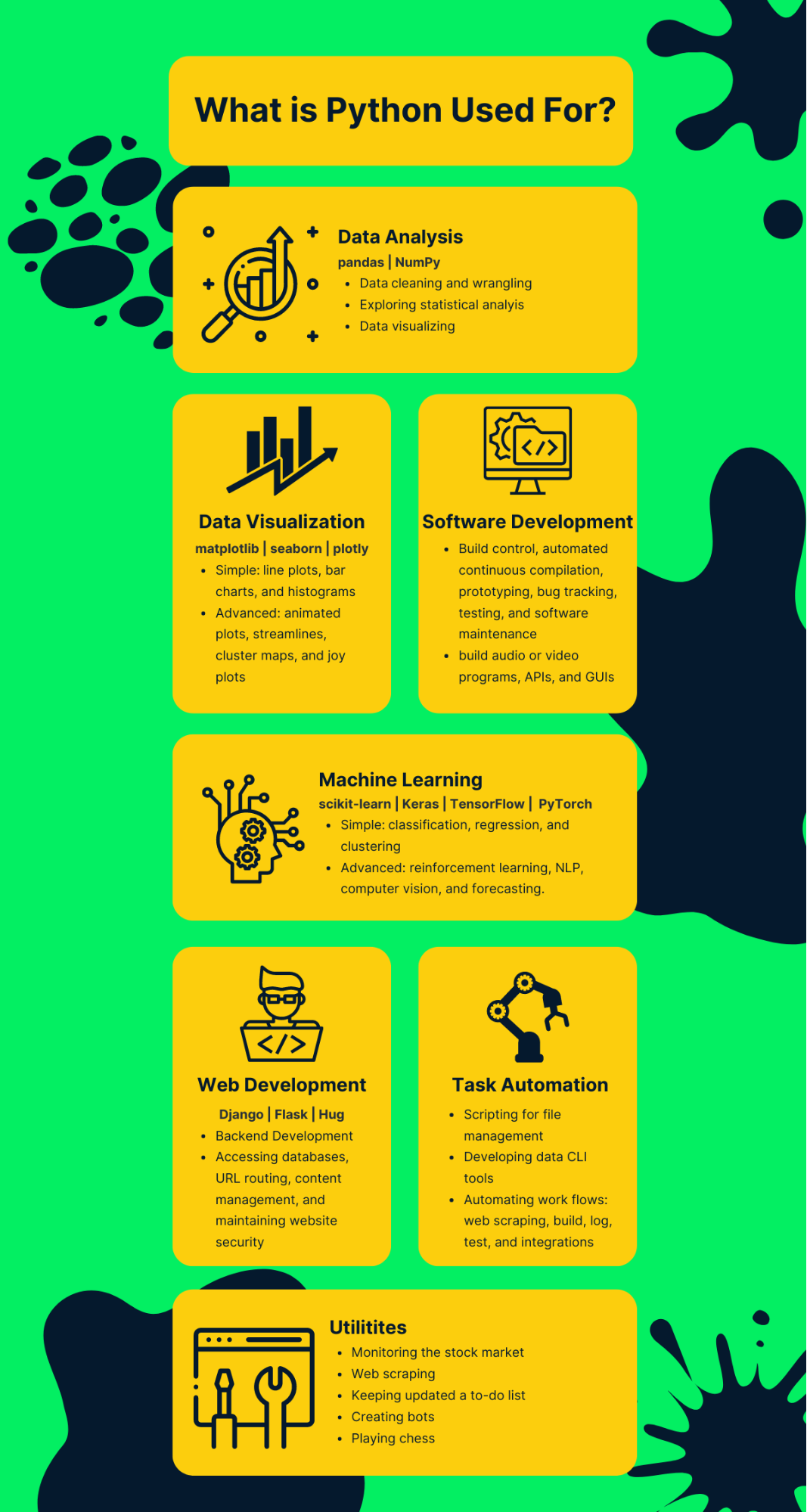
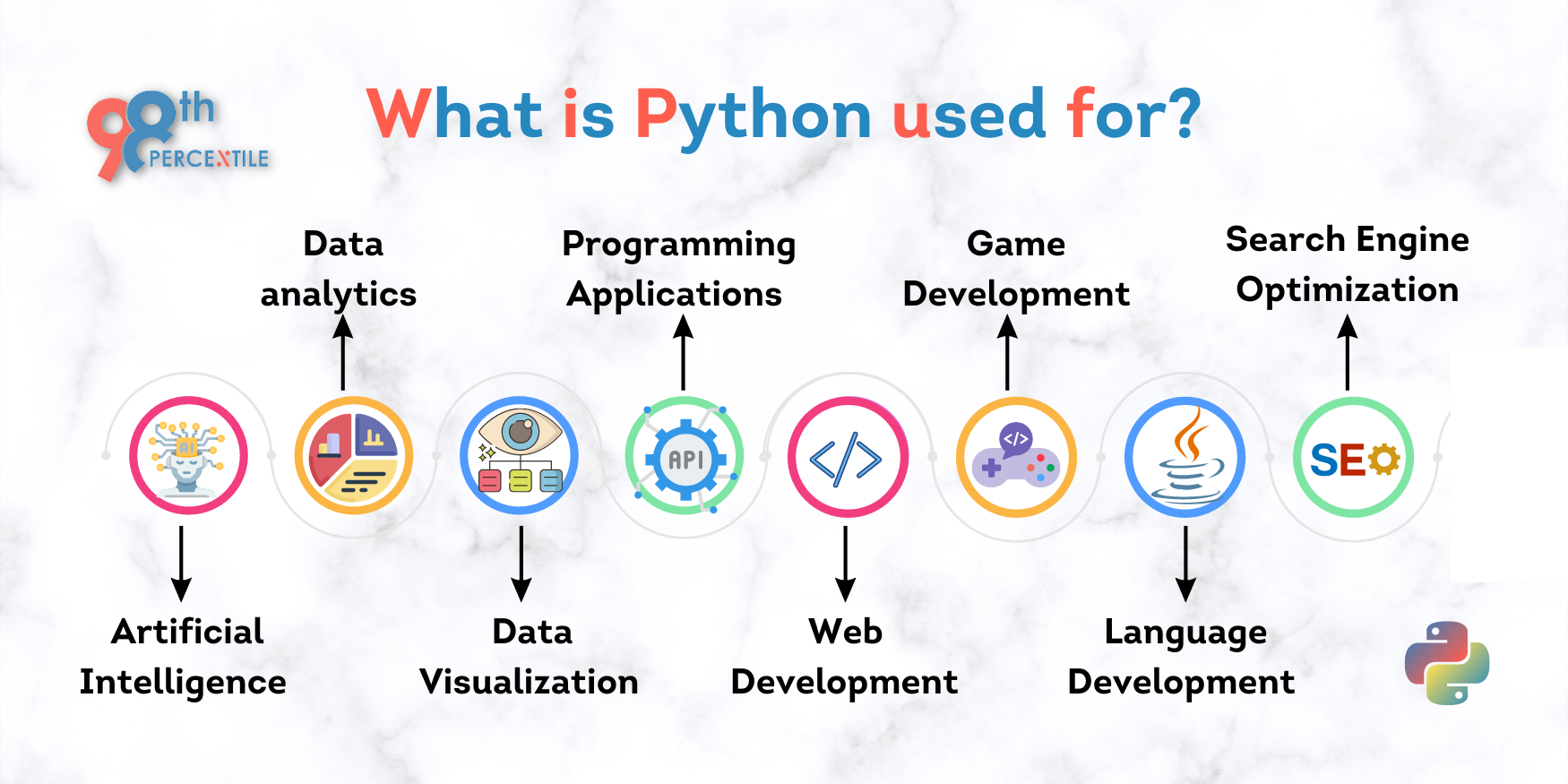
In conclusion, Python's versatility and simplicity have made it a popular programming language across various domains. From web development to machine learning, automation to scientific computing, Python is an excellent language to learn and master for any programmer.
What is Python commonly used for?
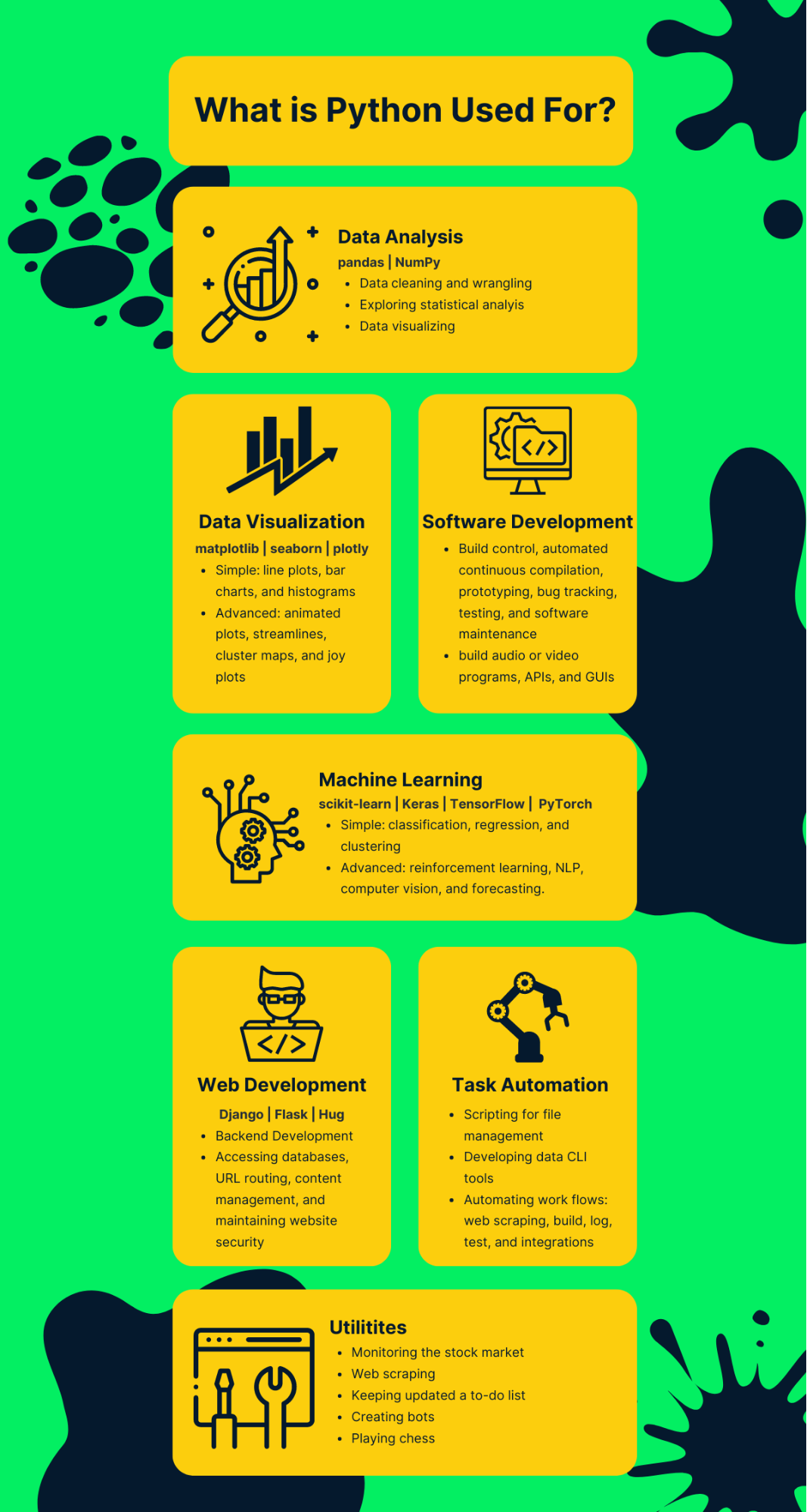
Python is a high-level, interpreted programming language that is widely used in various fields due to its simplicity, flexibility, and extensive libraries. Here are some of the most common uses of Python:
Web Development: Python is often used for web development with frameworks like Django, Flask, Pyramid, and Web2py. These frameworks allow developers to build robust, scalable, and maintainable web applications. Data Science and Machine Learning: Python has become a de facto language in data science and machine learning. Libraries like NumPy, Pandas, scikit-learn, and TensorFlow make it an ideal choice for tasks such as data analysis, visualization, regression, classification, clustering, and more. Automation: Python's scripting capabilities make it suitable for automating repetitive tasks, such as data entry, file management, and system administration. It can also be used to automate GUI interactions using libraries like PyAutoGUI. Artificial Intelligence (AI) and Robotics: Python is often used in AI research and development due to its simplicity and ease of use. Libraries like OpenCV, scikit-image, and Pillow make it a popular choice for computer vision tasks, while libraries like ROS (Robot Operating System) and PyRobot enable robotics programming. Scientific Computing: Python is widely used in scientific computing for numerical simulations, data analysis, and visualization. Libraries like NumPy, SciPy, and Matplotlib provide tools for tasks such as linear algebra, optimization, signal processing, and plotting. Game Development: Python can be used for game development with libraries like Pygame and Panda3D. It's particularly well-suited for indie game development or prototyping due to its ease of use and rapid development capabilities. Education: Python is often taught in introductory programming courses due to its simplicity, readability, and ease of learning. Its syntax is designed to be easy for beginners to pick up, making it an ideal language for students. Network Programming: Python can be used for network programming with libraries like Twisted, Scapy, and Paramiko. It's often used for tasks such as web scraping, network monitoring, and penetration testing. Desktop Applications: Python is used to develop desktop applications using frameworks like PyQt, wxPython, and Tkinter. These frameworks provide GUI widgets, event handling, and other features for building desktop software. Research and Prototyping: Python's flexibility and ease of use make it a popular choice for researchers and prototypers. Its syntax is designed to be readable and easy to understand, making it an ideal language for rapid development and testing.These are just a few examples of the many uses of Python. Its versatility, simplicity, and extensive libraries make it a popular choice for a wide range of applications, from web development to scientific research and everything in between.
